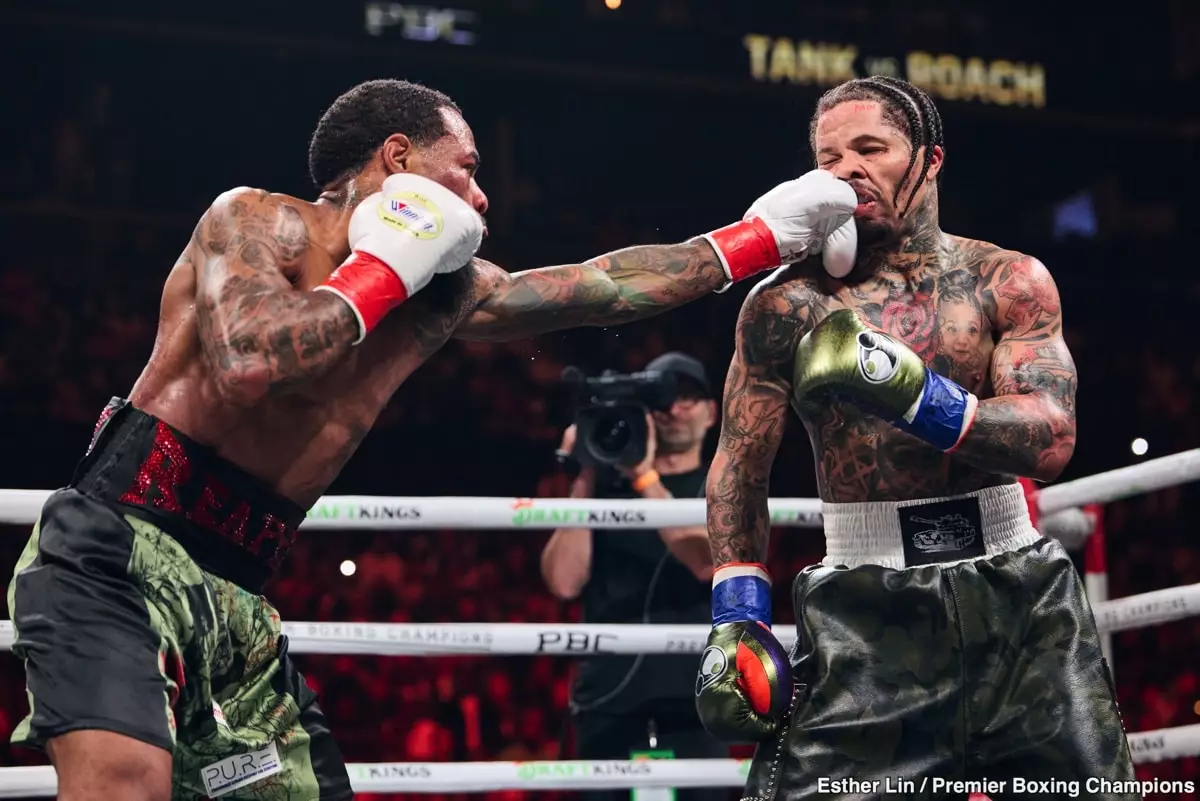Last weekend’s boxing bout at the Barclays Center in Brooklyn left many fans and analysts bewildered, particularly around WBA lightweight champion Gervonta “Tank” Davis. In a fight expected to showcase Tank’s superior skills against Lamont Roach, the outcome was far from what spectators anticipated. Instead of a dominant performance, a shocking moment occurred when Tank took a knee in the ninth round. This decisive action did not get ruled as a knockdown, raising eyebrows among fans and commentators alike. Referee Steve Willis’ decisions throughout the match, including allowing Tank to briefly pause for what many considered an unfair “timeout,” further fueled the controversy surrounding the fight.
Such incidents not only reflect the unpredictable nature of boxing but also remind fans that even champions can have off nights. The boxing community was quick to respond, with several calling into question the integrity of officiating in the bout and raising concerns about what happens when a fighter not only calls a personal timeout but is also treated leniently by referees. The dynamics of this match have set the stage for intriguing discussions regarding accountability in the sport.
Amidst the fallout from the bout, Keyshawn Davis emerged as a new voice in the lightweight division — charging straight into the spotlight. Fresh off his stunning victory against Denys Berinchyk, where he claimed the WBO lightweight title via a fourth-round knockout, Davis isn’t just looking to defend his title but also aiming for the big names that dominate the division. Notably, his aspirations focus on the likes of Gervonta Davis, Lamont Roach, Vasily Lomachenko, and Isaac “Pitbull” Cruz.
However, while Keyshawn Davis’s ambitions are commendable, it highlights a recurring issue in boxing: the reluctance of marquee fighters to face rising talents. Many established fighters are often hesitant to step into the ring with less-known opponents who can pose a significant threat without bringing lucrative paydays. Davis articulates this frustration succinctly, asserting that he is ready and capable of matching up against anyone. “He took a knee. He called a timeout. You can’t do that with me,” he remarked about Tank’s controversial actions. His bravado underlines not only a hunger for recognition but also a burning desire to solidify his own legacy in the sport.
Given Keyshawn Davis’s performances and potential, the looming question becomes whether his call-outs will materialize into actual fights. Despite his vocal determination, he seems acutely aware of the commercial realities dictating the matchmaking landscape. Many elite fighters may view facing him as too risky with not enough reward. Nevertheless, Davis’s record (currently standing at 13-0 with 9 KOs) positions him favorably within the division.
For Davis, the next few months will be critical. He must maintain his development and keep pushing for high-stakes encounters that can elevate his profile. The fight against exiting champions could provide him with the platform necessary to showcase his skills on a grand stage. Ultimately, Keyshawn Davis’s blend of talent and tenacity may just be what the lightweight division needs, igniting not just his career but perhaps signaling a new era in competitive boxing. His journey is one to watch as the landscape evolves with challenges ahead, where patience and perseverance could very well yield significant rewards.


Leave a Reply